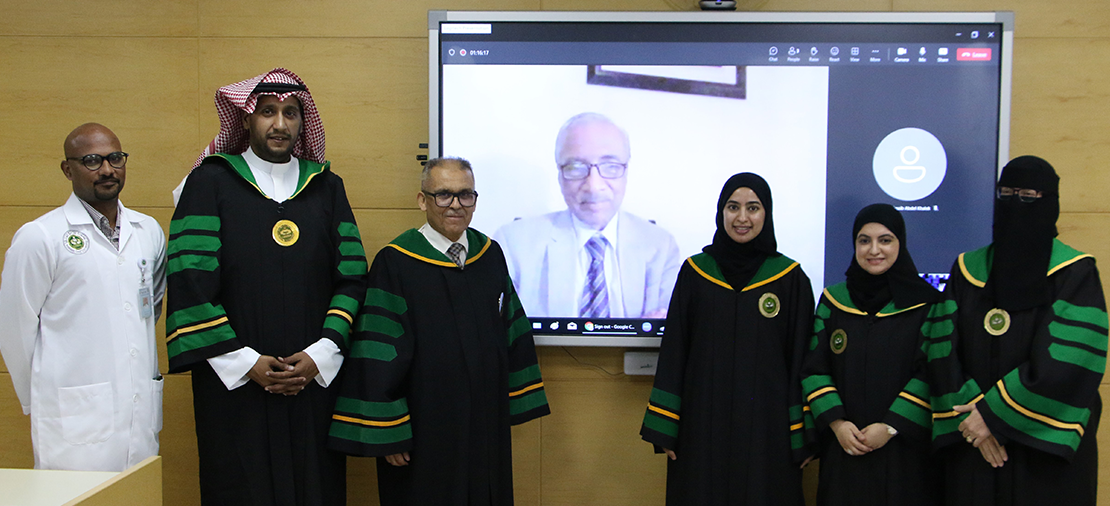
Study at the Arabian Gulf University Reveals that Malignant Tumours are the Most Common Reason for Platelet Transfusion with 62%
Arabian Gulf University
26 Jun, 2024
A study conducted by Ms Sharifa Ahmed Ali Al Mannai, a researcher at the Pathology Department at the College of Medicine and Medical Sciences (CMMS) in the Arabian Gulf University (AGU), has shed light on the clinical effects of mismatched ABO blood types in platelet transfusion.
The study, which was part of Ms Al Mannai’s Master of Science degree requirements in laboratory medicine with a specialisation in haematology, aimed to compare the clinical outcomes of matched and mismatched platelet transfusions by evaluating the patient’’ platelet count before and after transfusion.
The researcher analysed the blood types and antibodies of donors and recipients, as well as the acquired platelet count and potential haemolytic reactions following transfusion. The study was conducted on 143 male and female patients at the King Hamad University Hospital (KHUH) and Bahrain Oncology Centre.
The findings revealed that the most common reason for platelet transfusion was malignant tumours, accounting for 62 percent of cases. O blood group was the most common blood type among donors (63 percent) and recipients (48 percent), while the average antibody concentration among study participants was found to be low (less than 64:1).
Furthermore, Ms Al Mannai noted that there was a significant increase in platelet count following transfusion of identical platelets compared to mismatched ones, particularly when single-donor platelets were used.
The results also indicated that there was no difference in platelet count after transfusion between patients receiving platelets with high or low antibody concentrations. Moreover, no statistical difference was found in haemolytic reactions in recipients when mismatched platelets were transfused, even with high antibody concentrations.
Based on her findings, Ms Al Mannai recommended emphasising the importance of transfusing identical platelets. While mismatched platelets may be transfused in cases of shortage or unavailability of matched platelets, she stressed the need for caution.
The study was supervised by Dr Amina Abdulrahman Ismail, Assistant Professor at the Pathology Department at AGU, and Dr Dorjoy Shum, Professor of Pathology at the American University of Antigua. The research was reviewed by Dr Rabab Ahmed Mohammed, Associate Professor at AGU, and Dr Waleed Bawazir, Associate Professor of Blood Transfusion and Blood Bank at King Abdulaziz University in Jeddah.
